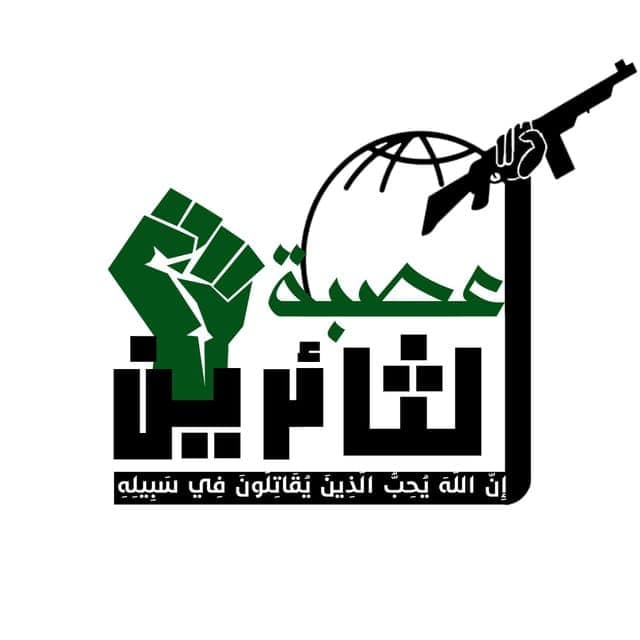
Purported new Iraqi Shia group claims attacks on Camp Taji
The group is likely a front for other Iranian proxies inside Iraq.

The group is likely a front for other Iranian proxies inside Iraq.
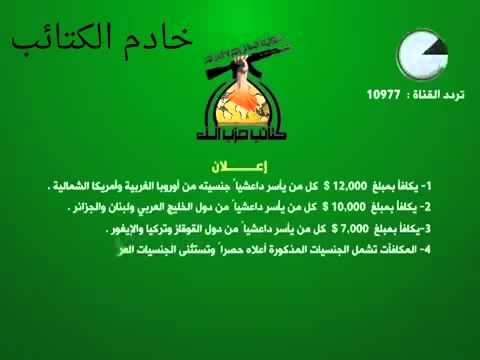
Another member of Tehran’s “Axis of Resistance” has been sanctioned by Washington. How the U.S. enforces its penalty is set to matter more than its announcement.
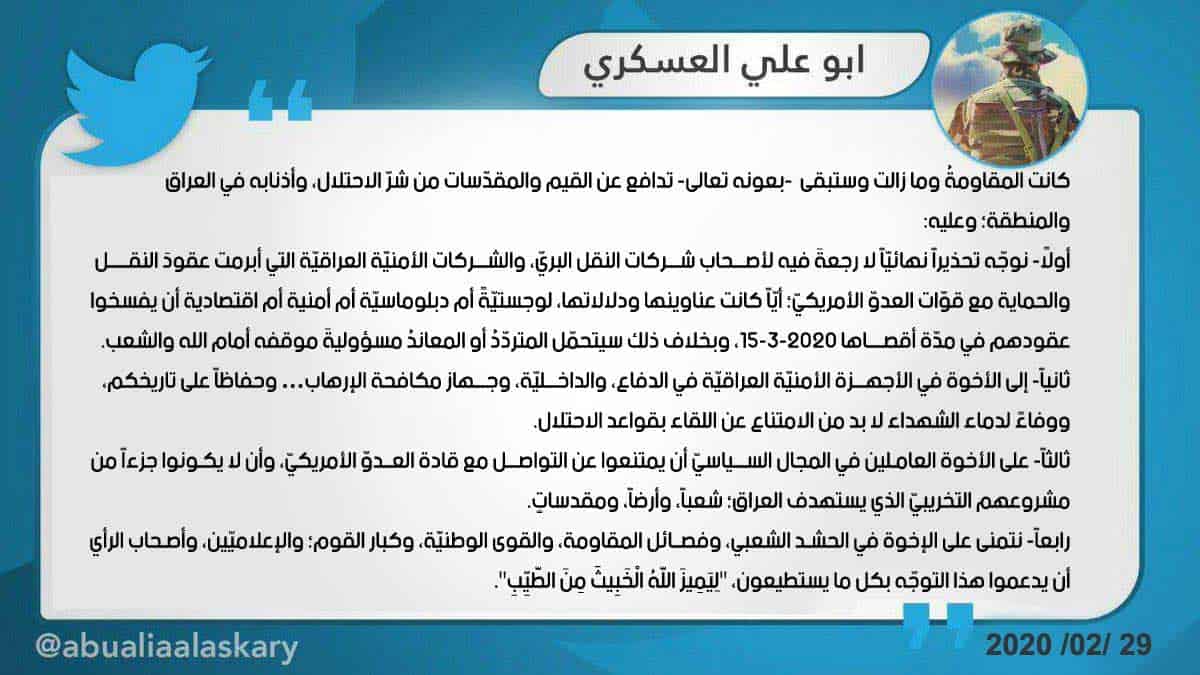
The security official of Iran’s proxy group Kata’ib Hezbollah (Hezbollah Brigades) gives Iraqi contractors until March 15 to stop working with US troops.
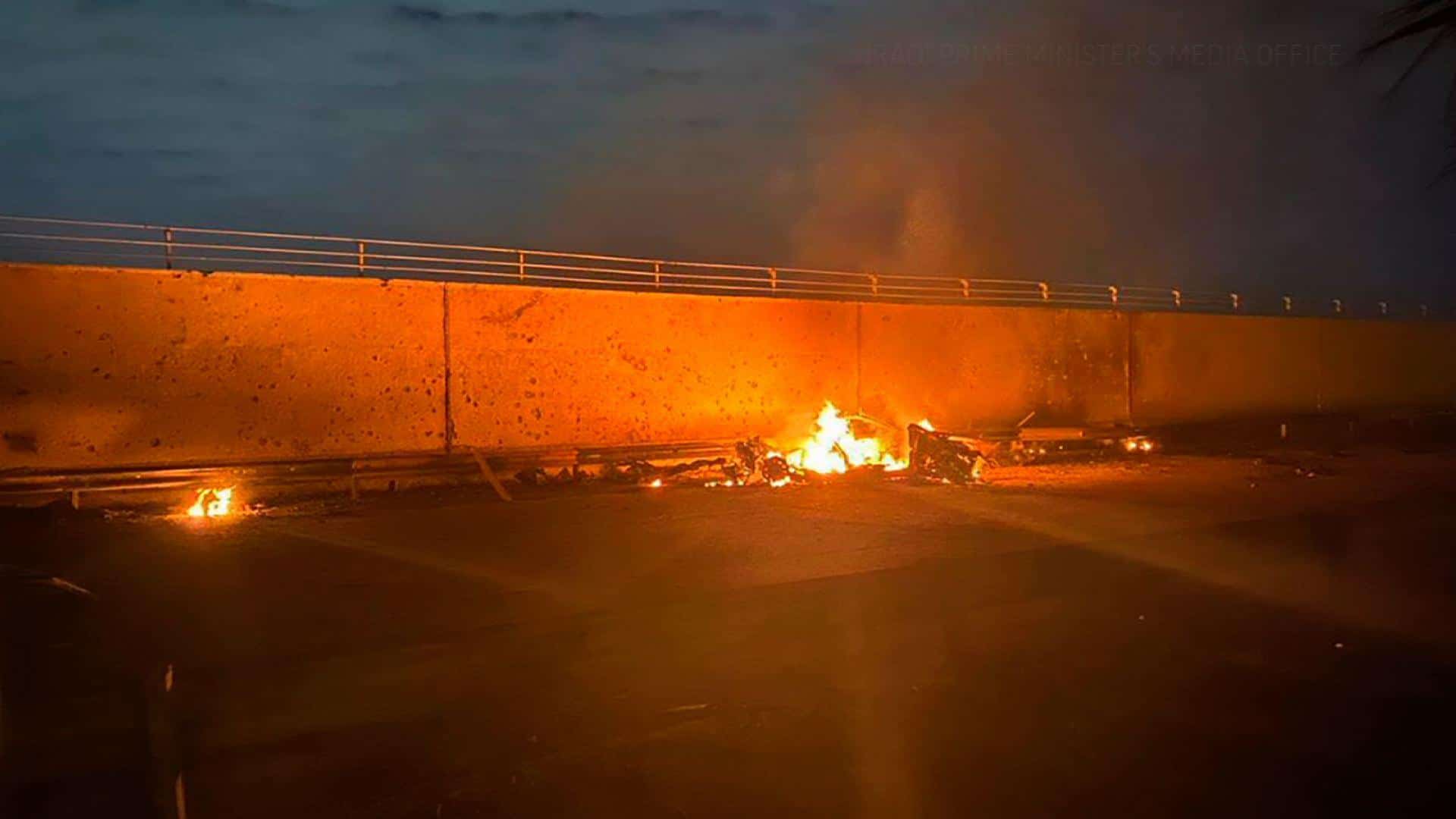
The killing of Qassem Soleimani and Abu Mahdi al-Muhandis last week reportedly claimed the lives of eight lesser-known colleagues as well. The death of these aides indicates that those who serve designated terrorists may suffer the same fate as their superiors.
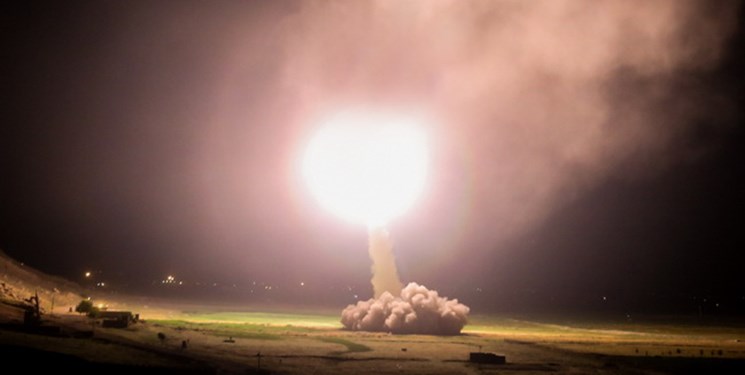
The U.S. Department of Defense confirmed the attack was “launched from Iran” and that it “targeted at least two Iraqi military bases hosting U.S. military & coalition personnel at Al-Assad & Irbil.” No casualties have been reported.
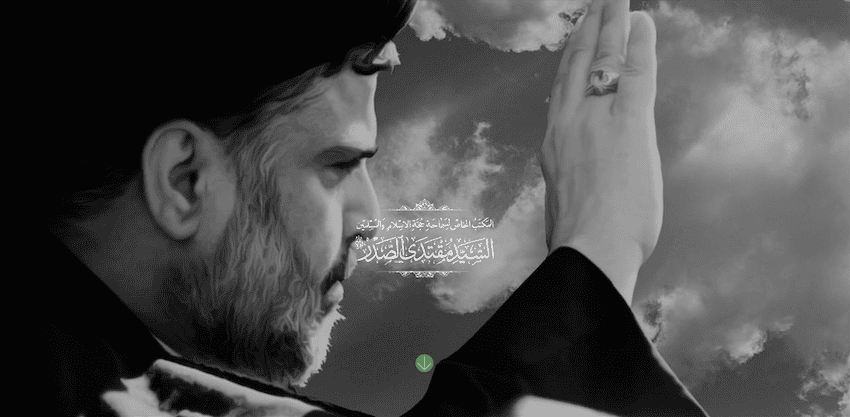
Muqtada al Sadr has reactivated two of his longstanding militia forces in Iraq in response to the U.S. killing Qods Force commander Qassem Soleimani.
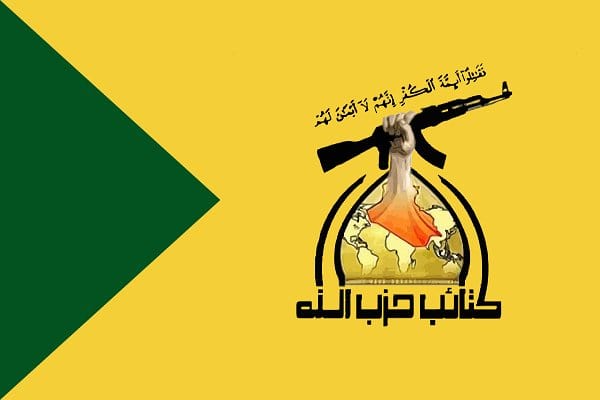
The official reportedly tweeted out the statement earlier today. The official website of the Hezbollah Brigades has so far not commented, however.
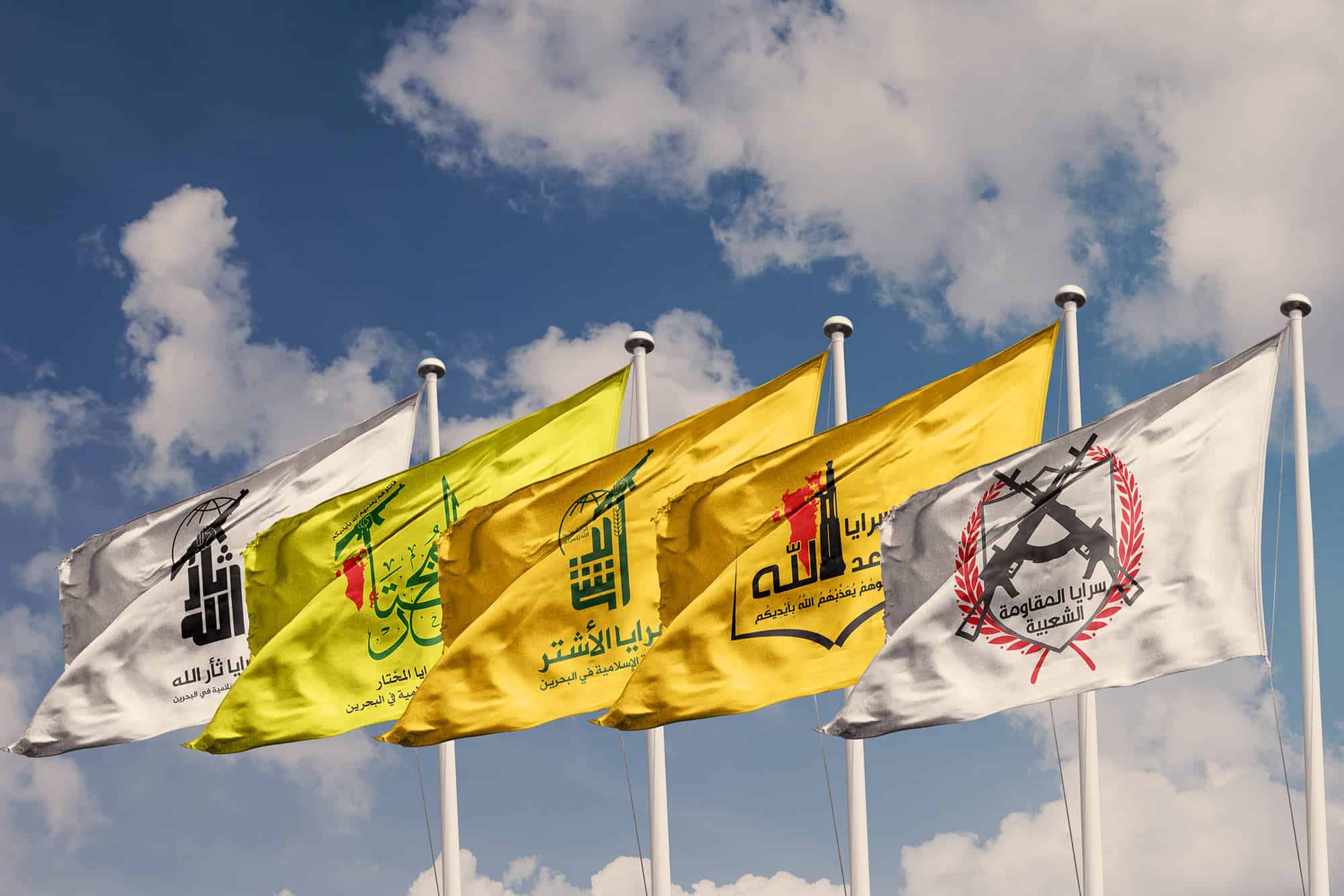
The rare joint statement both eulogizes Qassem Soleimani and Abu Mahdi al Muhandis and offers vague threats of retaliation in Bahrain.
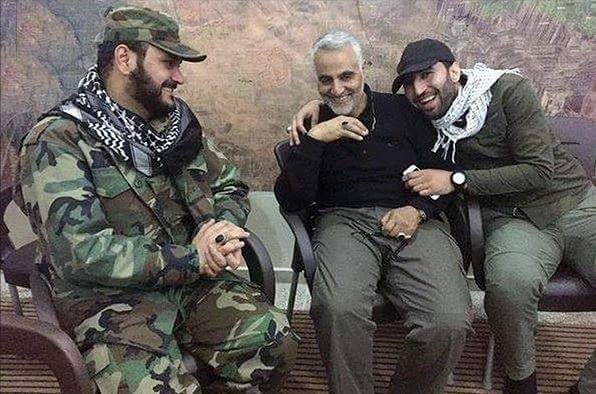
Qods Force commander Qassem Soleimani became “complacent” while traveling to and from Iraq, and did not believe the U.S. would target him, U.S. military officials told FDD’s Long War Journal. The military was able to reliably track his movements at times.
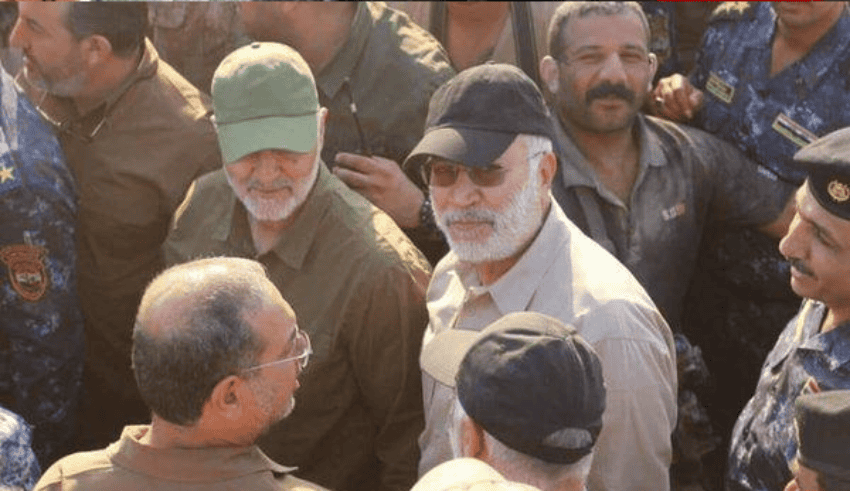
Qods Force commander Qassem Soliemani and Popular Mobilization Forces deputy Abu Mahdi al Muhandis were terror and insurgency masterminds who were revered in Iran, Iraq, Syria, and beyond for their support of the Iranian-backed Shia militias and terrorist groups that have destabilized several countries in the Middle East.
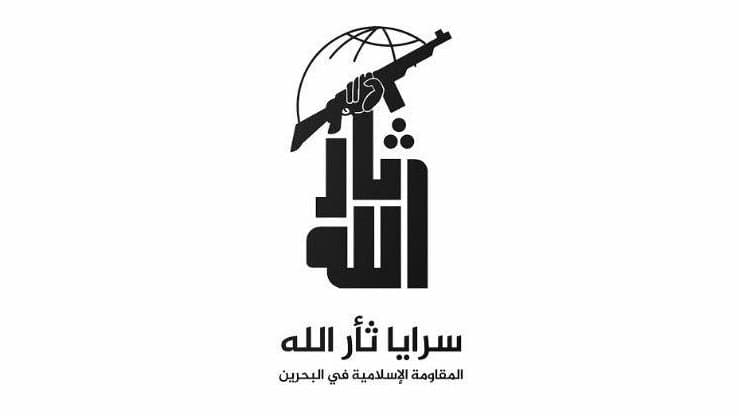
This is the second time that several Iranian-backed militias in Bahrain have voiced their support of the Iraqi Hezbollah Brigades after U.S. airstrikes on the group.

Following a deadly rocket attack on a U.S. base in Iraq and subsequent U.S. airstrikes in response, the Iranian-backed Hezbollah Brigades threatens to further retaliate by continuing to target U.S. troops.
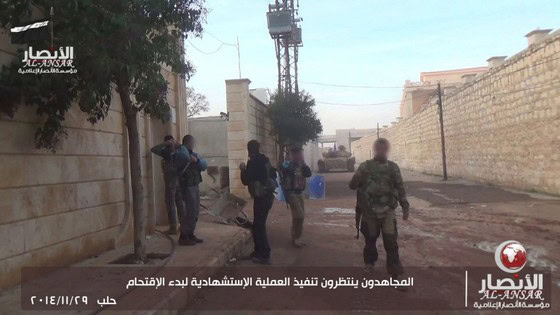
For the first time in five years, the jihadist group has claimed an attack in its native Iraq.

Both Iranian media and media linked to Iraq’s Popular Mobilization Forces have reported different narratives surrounding the events of a purported explosion at an Iraqi base last week. However, Iranian media has confirmed at least one Iranian was killed at the base.
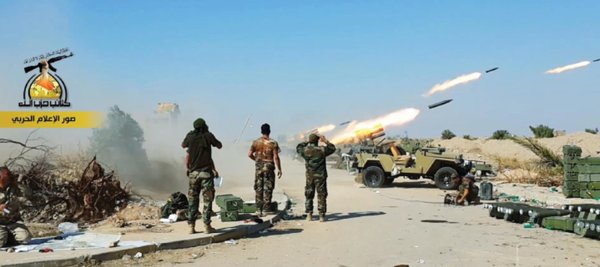
US troops in Iraq have been targeted three times in mortars and katyusha rocket strikes since last weekend. Shia militias that are supported by Iran are suspected of carrying out the attacks, which take place as tensions between the US and Iran increase.
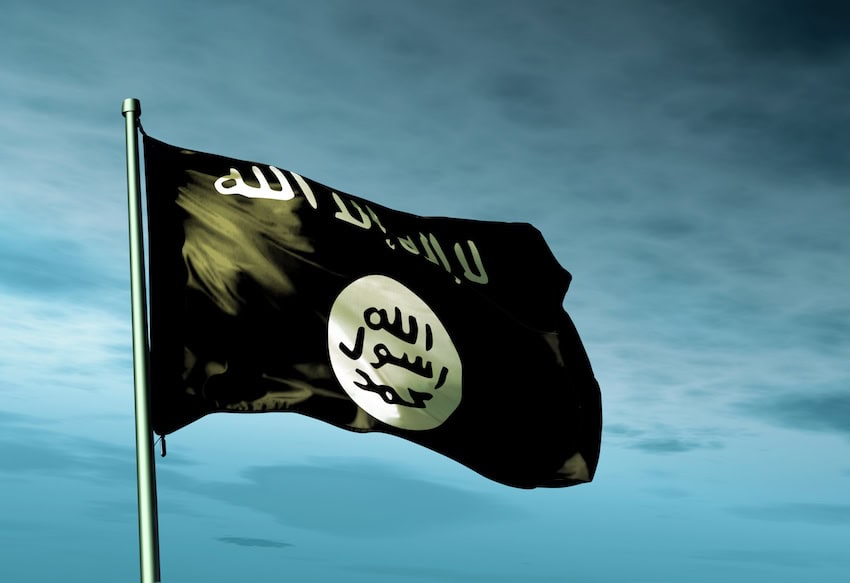
The defeat of the Islamic State in Iraq and Syria was neither final nor decisive, and policymakers should heed the War on Terror’s lessons to ensure the West doesn’t squander this advantage and enable ISIS, or its copycats and successor groups, to rally.

The second-in-command of the IRGC-controlled, Iraqi Harakat al Nujaba has threatened to attack US targets in the Middle East if the US strikes “Iraqi groups.”

The State Department announced today that it intends to designate the IRGC as a foreign terrorist organization. The IRGC’s activities span the globe.
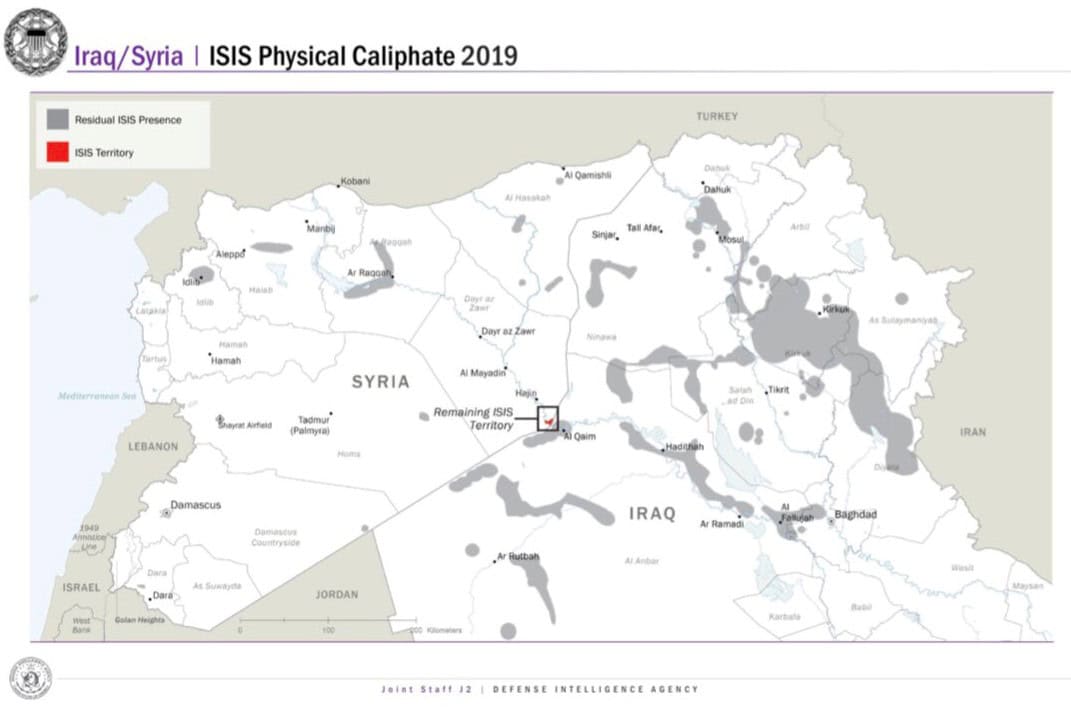
The US-backed Syrian Defense Forces (SDF) announced today that Baghouz has been liberated from the Islamic State. The US considers Baghouz to be the last village that was part of the jihadists’ physical caliphate. However, a review of history and current operations shows that the Islamic State has not been entirely defeated.
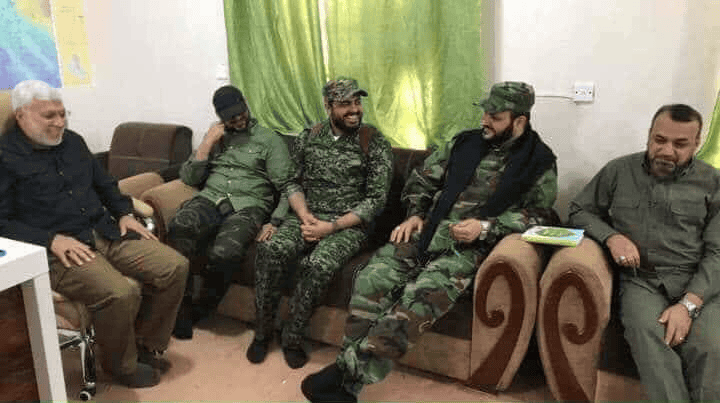
The US Department of State added Harakat al Nujaba, an Iranian-supported Shiite militia which operates in both Iraq and Syria, and its leader, Akram ‘Abbas al Kaabi to the list of Specially Designated Global Terrorists. Kaabi has pledged loyalty to Iran’s Supreme Leader and has said he would overthrow the Iraqi government if ordered to do so.
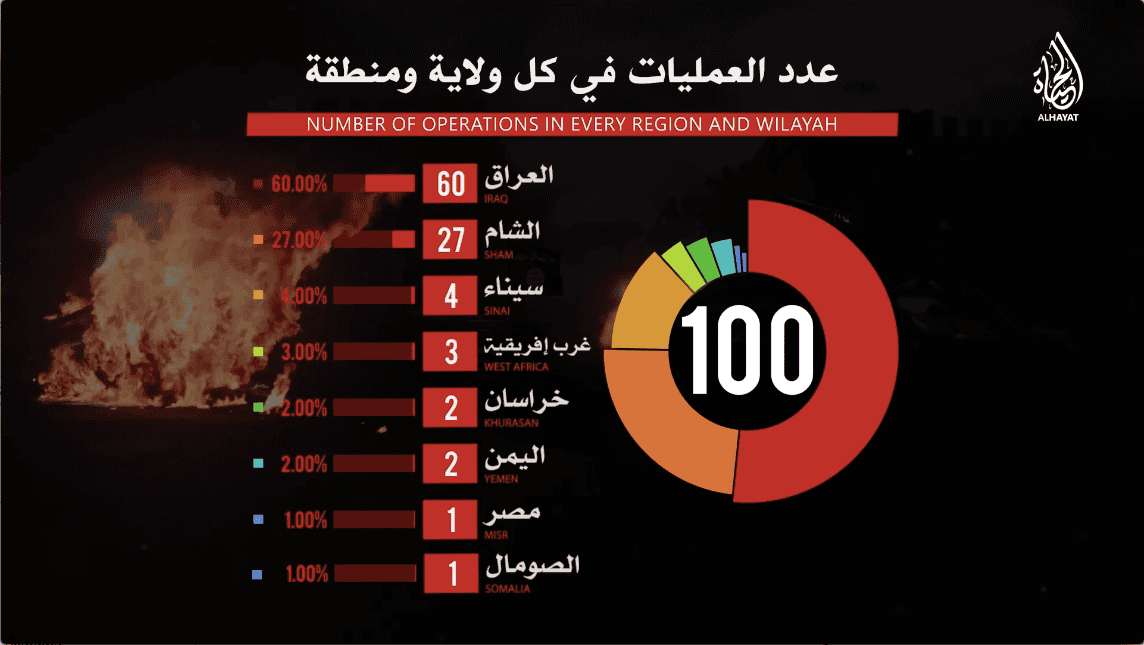
President Trump claimed earlier today that the Islamic State has been “defeated” in Syria. But an unknown number of the group’s top leaders, including presumably Abu Bakr al-Baghdadi, remain alive. And there are likely thousands of fighters in both Syria and Iraq, where they operate as insurgents.
The US-led coalition announced today that Abu al Umarayn and “several” other Islamic State leaders were killed in recent airstrikes in Syria. Umarayn was purportedly involved in the 2014 murder of Peter Kassig, a former US Army Ranger who was working as a humanitarian worker in Syria.

The US-led coalition and Iraqi forces recently hunted down senior Islamic State personnel responsible for “overseeing operations conducted within Salah ad Din, Kirkuk, Ninewah and northern Anbar provinces.” The Islamic State claims that is men are especially prolific in these same areas. Over a six-week period from Sept. 27 to Nov. 7, the Islamic State claimed a total of 313 operations in Iraq, with more than 100 occurring in Kirkuk province.
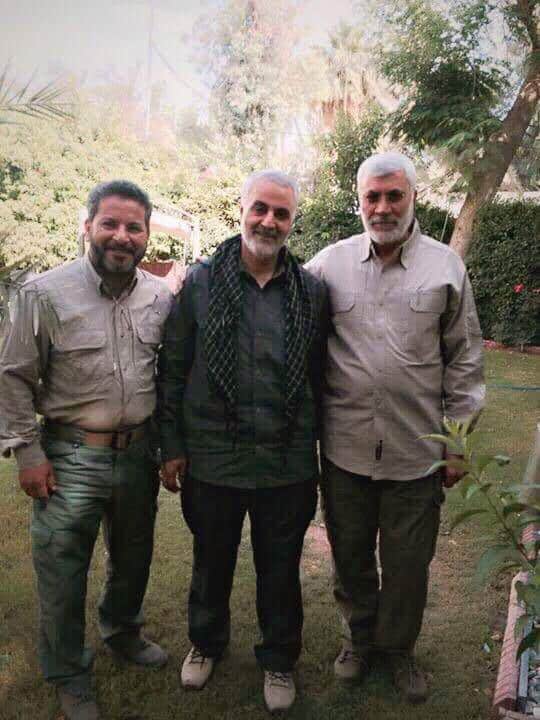
While the Treasury designation focuses on the four Iraqis’ links to Hezbollah, which is described as “a terrorist proxy for the Iranian regime that seeks to undermine Iraqi sovereignty and destabilize the Middle East,” it practically ignores the fact that one of them is the Secretary General of the Imam Ali Battalions, or Kata’ib Imam Ali, a key component of the Popular Mobilization Forces, an official military arm of the Iraqi state that reports directly to the prime minister.
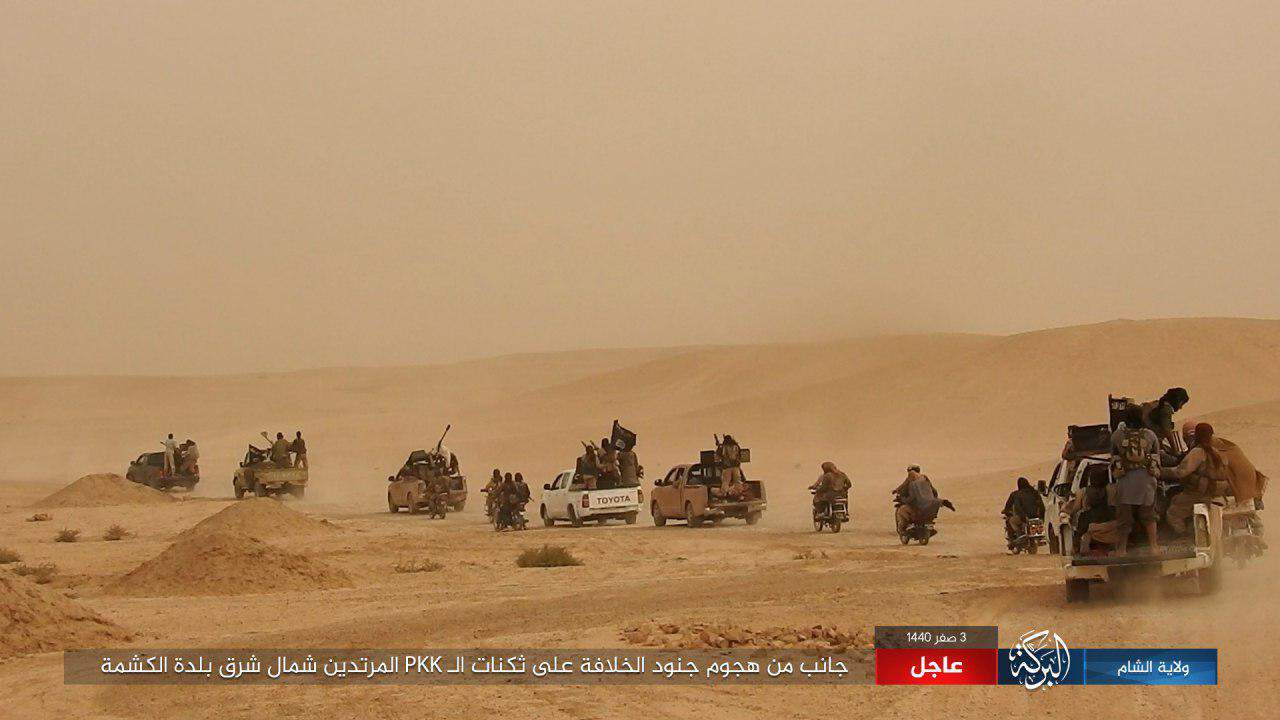
Since early September, the US has issued terrorist designations for Islamic State moneymen operating around the globe, from the Caribbean to East Africa. The designations highlight the diverse sources the so-called caliphate uses to fund its insurgency and terrorist operations.
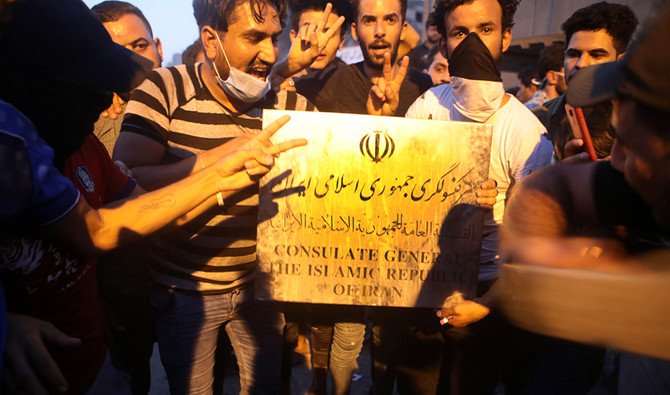
While Iranian-backed parties are moving to form a government in Baghdad that could force the US to exit the country, they face growing public anger over governance failures that threaten the viability of the system.
Iran’s willingness to resort to tactical SRBM launches against regional targets warrants a larger discussion about the country’s missile power and escalation dynamics. It also requires an accurate assessment of what occurred on the ground against Iranian Kurds in Iraq and in the media space on this issue since September 8.
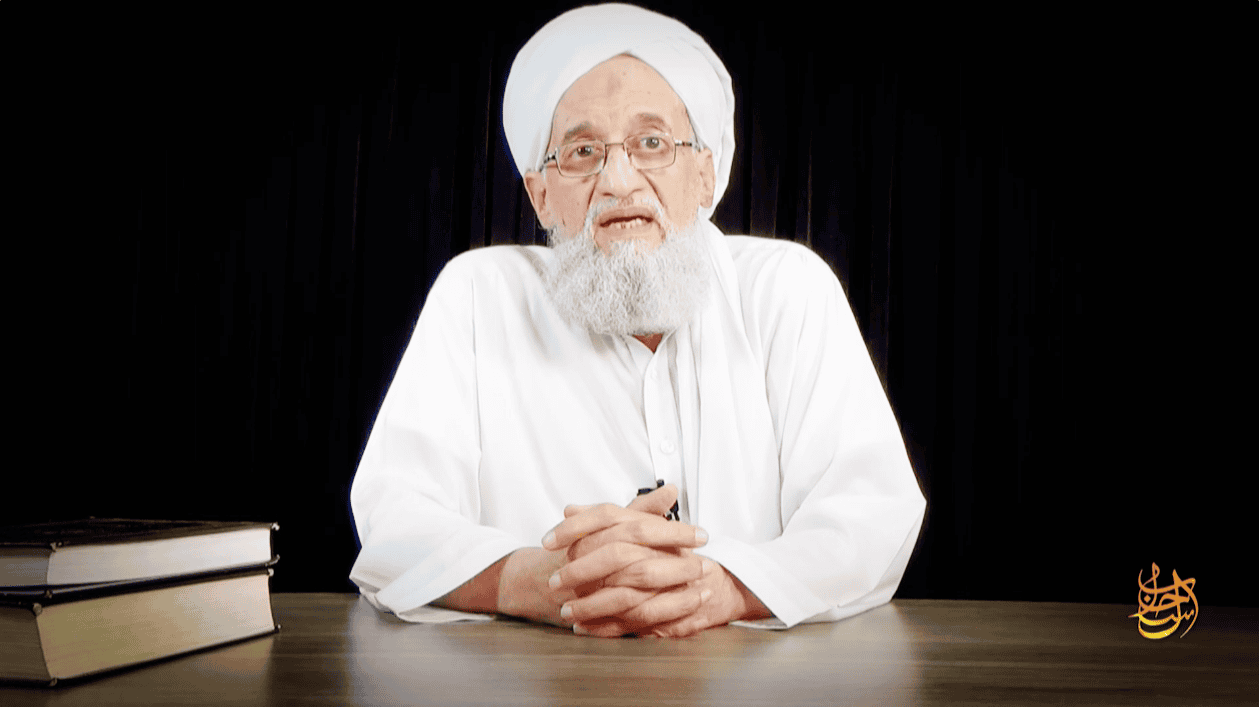
AL Qaeda’s operatives are fighting in more countries around the world today than was the case on 9/11. And its leaders still want to target the United States and its interest and allies. The war they started is far from over.

Iran has its tentacles all over Iraq, and the United States has no one to blame but itself. It is a bipartisan failure dating back to the March 2003 invasion. The seeds of this failure can be seen in the interrogation transcripts of Qayis Khazali, the leader of the Mahdi Army’s Special Groups and Asaib Ahl al Haq.

A newly released interrogation report shows that Qayis al-Khazali identified Abu Mahdi al-Muhandis and Abu Mustafa al-Sheibani as the two individuals Iran trusted “the most with attempting to implement the Iranian agenda in Iraq.” The pair went from being marginal players shortly after the US-led invasion in 2003 to leading the Iranian-backed Popular Mobilization Forces, one of most powerful and influential military organizations in Iraq.